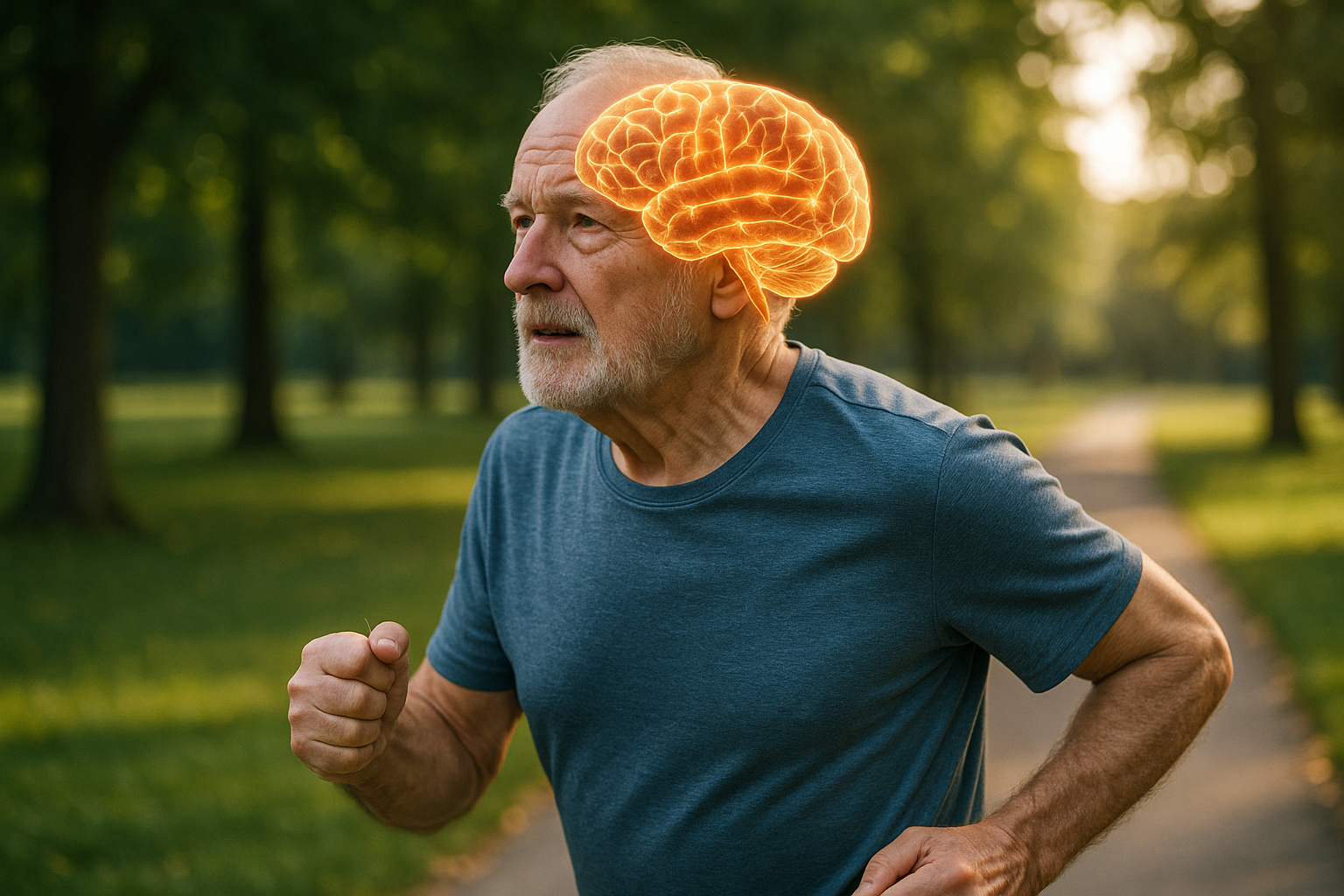How to Prevent Dementia: Tips and Strategies
Dementia is a condition that causes memory and thinking skills to decline, making everyday activities more challenging. In the United States, about 11% of people aged 65 and older have dementia—that’s around one in nine older adults. The risk rises with age: by 85, almost one-third of people are affected. Dementia is not just a normal part of aging but a serious condition that impacts both the person living with it and their loved ones.

What is dementia, and how does it manifest?
Dementia is an umbrella term for a group of conditions characterized by a decline in cognitive function severe enough to interfere with daily life. It manifests through various symptoms, including memory loss, difficulty with problem-solving, language impairment, and changes in mood or behavior. Dementia can affect different areas of the brain, leading to diverse symptoms depending on the type and stage of the condition.
What is the difference between dementia and Alzheimer’s disease?
While often used interchangeably, dementia and Alzheimer’s disease are not the same. Alzheimer’s disease is the most common cause of dementia, accounting for 60-80% of cases. It is a specific brain disorder characterized by the buildup of abnormal proteins, leading to the death of brain cells. Other types of dementia include vascular dementia, Lewy body dementia, and frontotemporal dementia. Understanding this distinction is crucial for proper diagnosis and treatment.
What are the early signs and symptoms of dementia?
Recognizing early signs of dementia is essential for timely intervention. Common early symptoms include:
-
Memory loss that disrupts daily life
-
Challenges in planning or solving problems
-
Difficulty completing familiar tasks
-
Confusion with time or place
-
Problems with visual perception
-
New problems with words in speaking or writing
-
Misplacing things and losing the ability to retrace steps
-
Decreased or poor judgment
-
Withdrawal from work or social activities
-
Changes in mood or personality
If you or a loved one experience these symptoms, it’s important to consult a healthcare professional for a proper evaluation.
What lifestyle changes can help prevent dementia?
Adopting a brain-healthy lifestyle can significantly reduce the risk of developing dementia. Key preventive strategies include:
-
Regular physical exercise: Aim for at least 150 minutes of moderate-intensity aerobic activity per week.
-
Healthy diet: Follow a Mediterranean-style diet rich in fruits, vegetables, whole grains, and lean proteins.
-
Mental stimulation: Engage in activities that challenge your brain, such as puzzles, learning a new language, or playing musical instruments.
-
Social engagement: Maintain strong social connections and participate in community activities.
-
Quality sleep: Aim for 7-9 hours of sleep per night and address any sleep disorders.
-
Stress management: Practice relaxation techniques like meditation or yoga.
-
Limit alcohol consumption and avoid smoking.
How can you maintain cognitive health as you age?
Maintaining cognitive health requires a holistic approach that goes beyond lifestyle changes. Consider these additional strategies:
-
Regular health check-ups: Monitor and manage conditions like high blood pressure, diabetes, and high cholesterol.
-
Stay mentally active: Pursue lifelong learning through courses, reading, or hobbies.
-
Protect your head: Wear appropriate safety gear during sports and take measures to prevent falls.
-
Stay hydrated: Proper hydration is essential for optimal brain function.
-
Manage medications: Review your medications regularly with your healthcare provider to avoid potential cognitive side effects.
What treatments are available for dementia?
While there is no cure for most types of dementia, various treatments can help manage symptoms and improve quality of life:
-
Medications: Cholinesterase inhibitors and memantine can help with memory and cognitive function.
-
Cognitive stimulation therapy: Structured activities to improve memory and problem-solving skills.
-
Occupational therapy: Helps individuals maintain independence in daily activities.
-
Psychological treatments: Therapies like cognitive behavioral therapy can help manage depression and anxiety.
-
Alternative therapies: Some people find benefits in approaches like music therapy or art therapy.
It’s important to work closely with healthcare providers to develop a comprehensive treatment plan tailored to the individual’s needs and the specific type of dementia.
In conclusion, while dementia poses significant challenges, there are many proactive steps individuals can take to reduce their risk and maintain cognitive health. By adopting a brain-healthy lifestyle, staying mentally and socially active, and seeking early intervention when needed, it’s possible to promote better brain health and potentially prevent or delay the onset of dementia.
This article is for informational purposes only and should not be considered medical advice. Please consult a qualified healthcare professional for personalized guidance and treatment.






